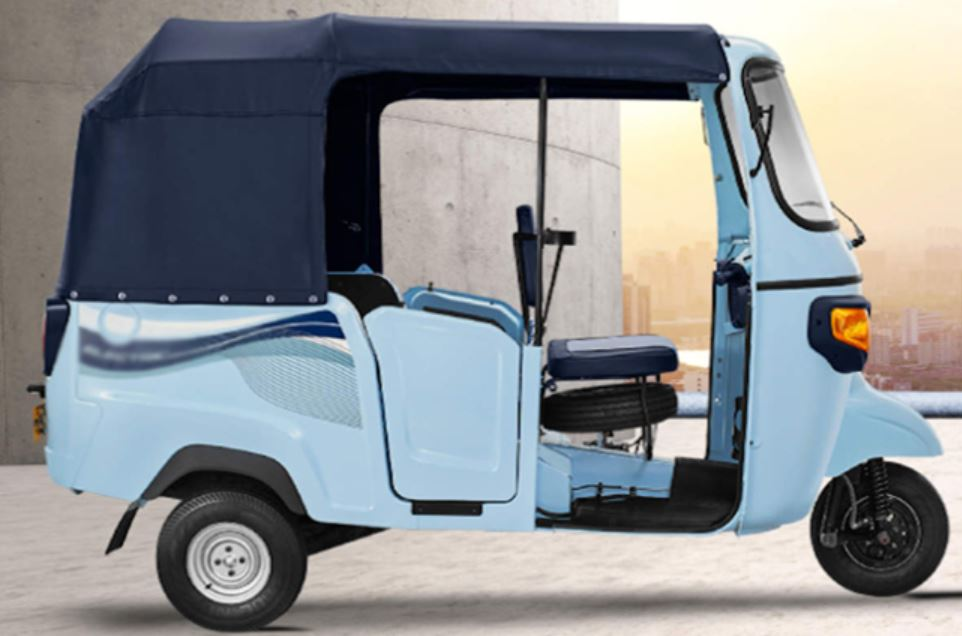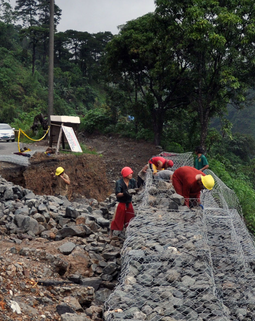Sierra Leone has officially launched its first electric three-wheelers, marking a major milestone in its commitment to reducing greenhouse gas emissions and improving urban mobility. This initiative, spearheaded by the Environmental Protection Agency of Sierra Leone (EPA-SL), aims to replace traditional gasoline-powered transport with environmentally friendly alternatives.
The introduction of electric three-wheelers is part of the “Supporting Sierra Leone with the Shift to Electric Mobility” project. This initiative is backed by the United Nations Environment Programme (UNEP) and co-financed by the European Union through the SOLUTIONSPlus project. It seeks to address urban air pollution, promote cleaner transportation, and support the country’s broader sustainability goals.
Benefits of Electric Three-Wheelers
Reduced Carbon Emissions
One of the most significant advantages of electric three-wheelers is their ability to cut down greenhouse gas emissions and improve air quality. By transitioning from gasoline-powered vehicles to electric models, Sierra Leone is taking a proactive step in reducing pollution-related health risks, which are a growing concern in many African cities.
Lower Operational Costs
Although the initial cost of electric three-wheelers is approximately 1.2 to 1.5 times higher than traditional models, their long-term savings make them a financially viable option. With lower energy consumption and an efficient battery-swapping system, drivers will benefit from reduced daily rental fees. E-keke operators currently pay about $1.5 per day compared to $5 for traditional gasoline-powered vehicles, increasing their overall profits.
Gender Inclusion in Transportation
The initiative actively promotes gender inclusion by encouraging women to participate in the trial phase of the e-keke program. The goal is to ensure that at least 30% of e-keke drivers are women, fostering equal employment opportunities in the transport sector.
Infrastructure and Economic Growth
Battery-Swapping Stations
To ensure the success of this initiative, the project includes the establishment of solar-powered battery-swapping stations. These stations will provide a reliable energy source, enhancing the operational efficiency of electric three-wheelers and reducing downtime for drivers.
Boosting Local Businesses
The transition to electric mobility is expected to stimulate local businesses and create job opportunities, particularly for young entrepreneurs. As Sierra Leone moves towards sustainable transportation, industries related to electric vehicle (EV) maintenance and charging infrastructure are likely to expand, fostering economic growth.
The Future of Sustainable Transport in Sierra Leone
The launch of electric three-wheelers represents a crucial step in Sierra Leone’s journey toward sustainable transport. With continued government support and international collaboration, the country is well-positioned to lead the way in eco-friendly mobility solutions in Africa.
Would you switch to an electric three-wheeler? Share your thoughts below!
For more on vehicle trends in Africa, visit Auto24





